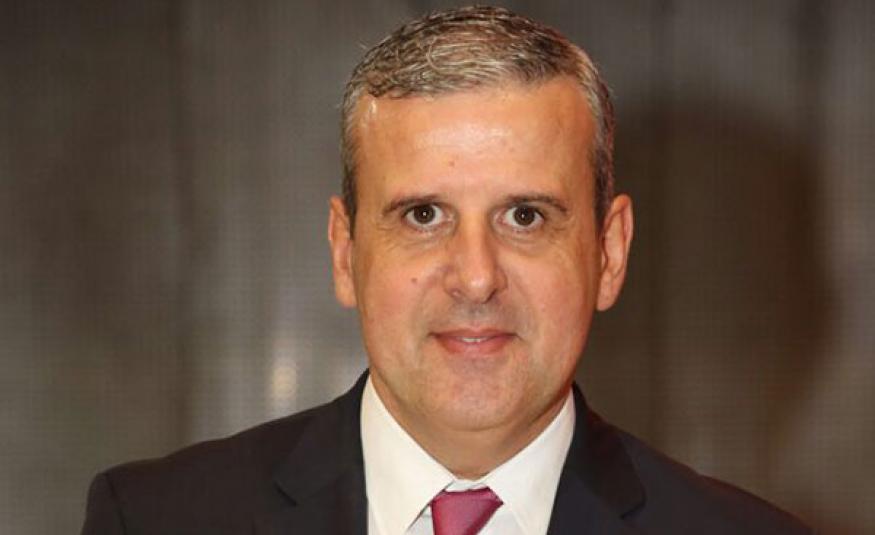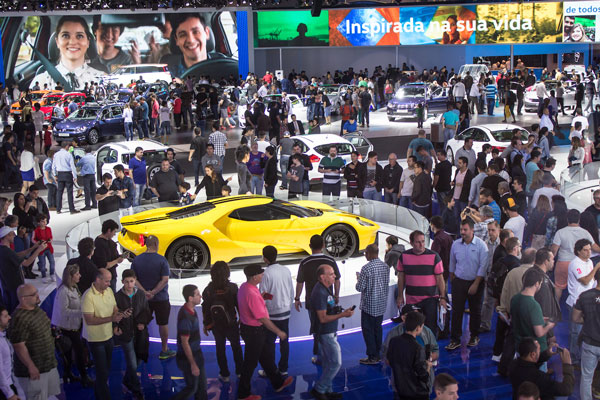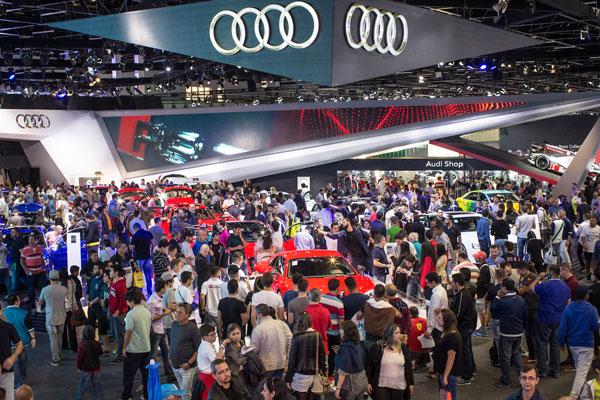What are the key reasons for global exhibition organisers to launch their events in Brazil at the moment?
The Brazilian exhibition market is one of the most dynamic around the world today. It is recognised as the biggest economy in Latin America, and one of the largest startup ecosystems within the region. With a growing population of 210 million, the country is characterised by a mixed economy that relies on import substitution to achieve economic growth. All these combinations makes Brazil an attractive place for continuous development, and it can be a good opportunity for international players to add value into the successful indigenous exhibition market, with decades of tradition.
What are the primary industries being targeted by the government for economic growth?
As a country under development with traditional periodic cycles of economic growth and constrains, the government looks after infrastructure needs. Taking into consideration the size of the country, the opportunities in sectors like energy, agribusiness, construction, transportation, automotive, machines, and financial services are very attractive ones. Most recently areas like technology, education, healthcare, entertainment, tourism and retail have been modernised, and gained attention from the authorities and public policy makers.
Is your government supportive of business events? Are there any schemes that international organisers can take advantage of?
The Brazilian government is actively involved in supporting the industries that push economic growth. The local trade show association (UBRAFE) has been able to consolidate recent research and data showing the positive impact of the events industry on these markets. This gets attention on the media and attracts support from local and regional authorities on the Cities and States level. But there is still room for more engagement with the national authorities. Based on my experience, the best for international organisers is to join the groups at the local trade show associations (as UBRAFE in Brazil) or explore the UFI’s network in the region, and through them gain representation, leverage and quick integration into Latin America’s business community.
What new exhibitions infrastructure projects (venues, transportation etc) are underway in Brazil at the moment?
During recent years, together with large events like the FIFA Football World Cup 2014 and the Olympic Games 2016, the country has improved airports, transport systems, telecommunications networks, convention centres and hotel capacity. New venues for trade shows have been developed in Brazil as a positive reaction to the demand for modern and efficient facilities for the event industry. The existing venues also went for an update or are under project for expansion and renovation. So, I can say that the existing capacity is very good and ready for todays needs, and looking for future potential demands.
What are the perceived obstacles for organisers seeking to enter Brazil's business exhibition marketplace?
During the past 20 years we have very successful records of cases from international organisers and players coming to Brazil, Mexico, Argentina and other parts of Latin America. We all learnt from these how important it is to unlock the cultural code, integrating processes, people and culture. So, based on what I have seen, the main obstacles would be lack of respect and poor recognition from the precedent indigenous market we are exploring. What I recommend is to be open to work on a “two ways” integration process. Sharing best practices from abroad but also adding all the value from the local community and marketplace.









